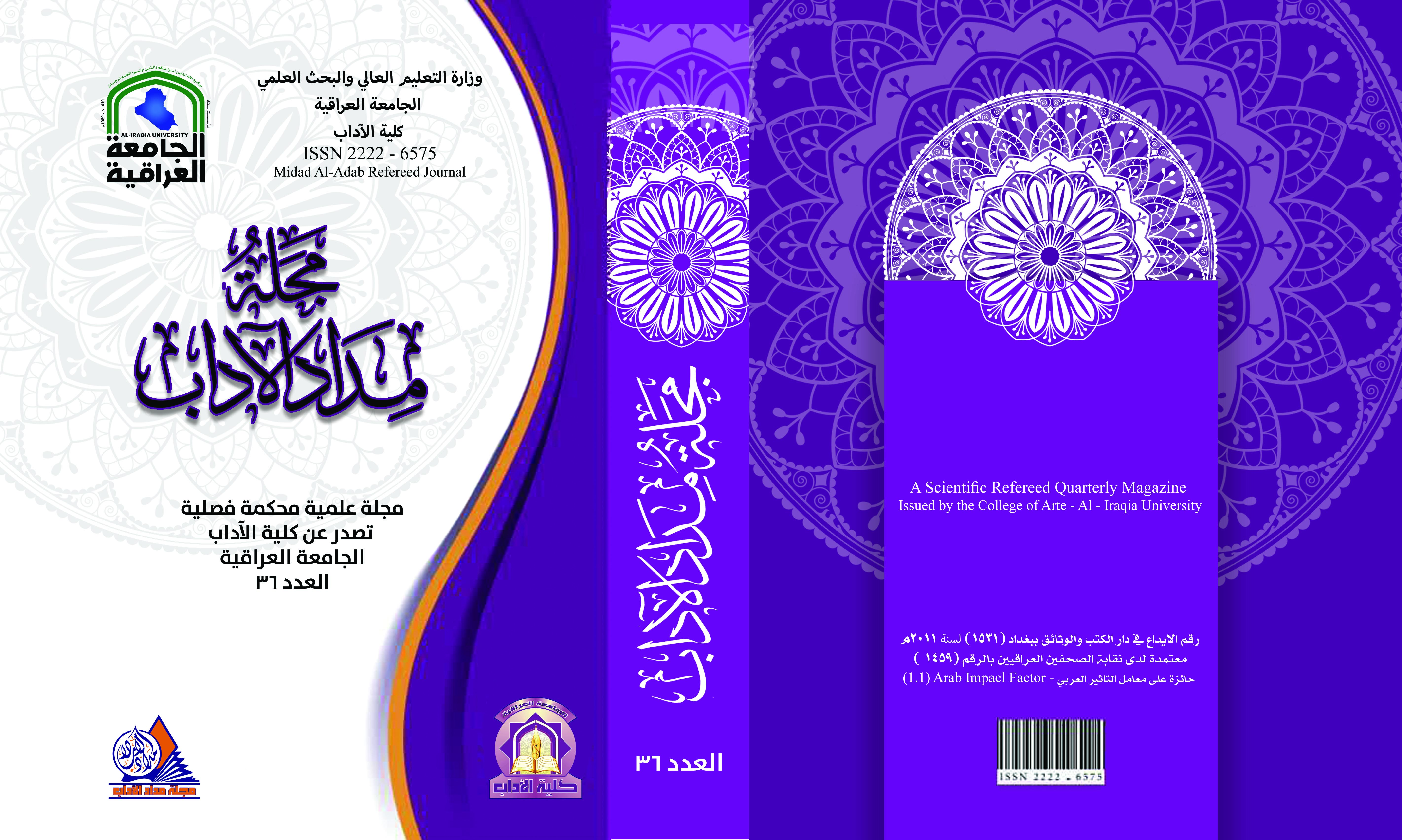Differential Effects of Generative Learning Strategies on Iraqi EFL Students’ Speaking Ability: Technology-based and Traditional Classes in Focus
DOI:
https://doi.org/10.58564/ma.v14i36.1588Keywords:
Summarising, Mapping, Drawing, Imagining, EnactingAbstract
Research (e.g., Brod, 2020) has shown that if Generative Learning Strategies (GLSs) are employed in teaching/learning contexts, they can highly and effectively help learners to construct their understanding of the material they are learning; and hence, promote learning outcome. Also, it has been indicated (e.g., Golonka et al., 2014) that technologies such as the internet, smart phones, etc. have been adopted for EFL pedagogy and have positively affected teaching/learning condition. The present study, therefore, aimed at investigating whether teaching GLSs together with using available technologies in Iraqi EFL undergraduate context would significantly affect learners' speaking performance. To this end, 107 Iraqi EFL students were invited to participate in the study. They were divided into three groups: Two experimental (a traditional classroom with GLSs, and a technology-based classroom with GLSs) and one control groups. Nine GLSs were taught and employed in the two experimental groups. The three groups were tested by the same speaking measure at the end of the experiment. T-test and ANOVA, were then run on the collected date. The results indicated that speaking performance for the students in the technology-based experimental, as opposed to the traditional group improved significantly In the same way, the traditional experimental group significantly outperformed the control group. Pedagogical implications concerning the effects of using GLSs in EFL classrooms are discussed, and some suggestions are made for future studies.
Downloads
Published
Issue
Section
License

This work is licensed under a Creative Commons Attribution-NonCommercial-NoDerivatives 4.0 International License.








